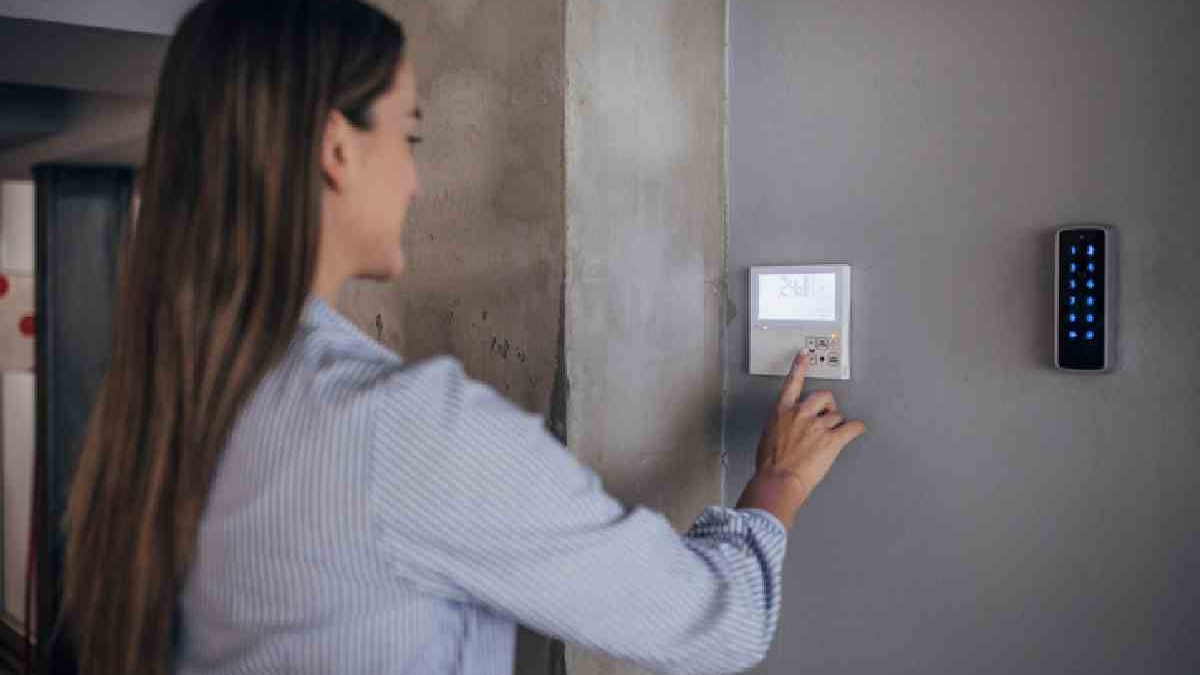Table of Contents
Energy-Efficient HVAC Systems and Investing in Sustainability and Cost Savings
As the world embraces sustainability and environmental consciousness, businesses and homeowners in Calgary are increasingly turning to energy-efficient HVAC systems to reduce their environmental footprint and save on operational costs. Heating, ventilation, and air conditioning (HVAC) systems are vital for maintaining comfort in both commercial and residential spaces, but they can also be significant contributors to energy consumption and carbon emissions. In this guide, we’ll explore the benefits of energy-efficient HVAC systems in Calgary, highlighting how they represent a sustainable investment for cost savings and environmental responsibility.
The Importance of Energy-Efficient HVAC Systems
HVAC systems are responsible for a substantial portion of energy use in both residential and commercial buildings. The need for heating and cooling, especially in a climate like Calgary’s, demands efficient solutions that strike a balance between comfort and resource conservation. Energy-efficient HVAC systems are designed to meet this demand effectively. Here’s why they are essential:
- Cost Savings: Energy-efficient systems consume less energy, resulting in lower utility bills. While the upfront cost of installation may be slightly higher, the long-term savings outweigh the initial investment.
- Environmental Impact: Reducing energy consumption and greenhouse gas emissions is crucial for combating climate change. Energy-efficient HVAC systems help lower carbon footprints and promote sustainability.
- Improved Comfort: Modern energy-efficient HVAC systems offer better temperature control and humidity management, enhancing the comfort of indoor spaces.
- Enhanced Reliability: Efficient systems are often more reliable, with reduced wear and tear, resulting in fewer breakdowns and maintenance costs.
- Longevity: Energy-efficient HVAC systems tend to have longer lifespans, reducing the need for frequent replacements.
- Rebates and Incentives: Many governments and utility companies offer rebates and incentives for the installation of energy-efficient HVAC systems, further reducing the cost of investment.
Key Components of Energy-Efficient HVAC Systems
Energy-efficient HVAC systems encompass a range of features and technologies designed to optimize performance while minimizing energy consumption. Here are some key components and attributes of these systems:
- High-Efficiency Furnaces: Energy-efficient furnaces use advanced combustion technologies to maximize heat generation while minimizing heat loss.
- Variable-Speed Blowers: These blowers adjust their speed to match the heating or cooling demand, consuming less energy when the full capacity is not required.
- Smart Thermostats: Smart thermostats can be programmed to adjust temperature settings based on occupancy and usage patterns, optimizing energy usage.
- Zoning Systems: Zoning systems divide a building into multiple zones, each with its thermostat and control, allowing for customized heating and cooling in different areas.
- Energy Recovery Ventilators (ERVs): ERVs exchange heat between incoming and outgoing air, recovering energy and reducing the load on heating and cooling systems.
- Geothermal Heat Pumps: Geothermal systems utilize the stable temperature of the earth to enhance heating and cooling efficiency, reducing energy consumption.
- Regular Maintenance: Regular maintenance and servicing are essential to keep HVAC systems operating at peak efficiency.
Benefits of Energy-Efficient HVAC Systems for Businesses
For businesses in Calgary, energy-efficient HVAC systems offer unique advantages:
- Operational Cost Reduction: Lower energy bills contribute directly to the bottom line, improving profitability.
- Sustainability Leadership: Demonstrating a commitment to sustainability can enhance a business’s reputation and appeal to environmentally conscious consumers.
- Compliance and Incentives: Businesses that embrace energy efficiency may be eligible for government incentives and rebates, as well as certifications like LEED (Leadership in Energy and Environmental Design).
- Employee Comfort: A comfortable workspace can boost employee productivity and well-being.
- Long-Term Stability: Energy-efficient systems are often more reliable and require less frequent repairs, contributing to long-term operational stability.
Considerations for Residential Upgrades
For homeowners in Calgary, transitioning to energy-efficient HVAC systems is a wise investment. Here are some considerations for residential upgrades:
- Professional Assessment: Start with a professional assessment to determine your specific needs and the most suitable system for your home.
- Choosing the Right Size: Ensure that the HVAC system is appropriately sized for your home. An oversized or undersized system can be inefficient.
- Ductwork Inspection: Leaky or improperly insulated ducts can result in energy wastage. Have your ductwork inspected and sealed as necessary.
- Proper Maintenance: Regular maintenance is essential to keep your system operating efficiently. This includes cleaning or replacing filters, checking refrigerant levels, and inspecting electrical components.
- Programmable Thermostats: Install programmable thermostats to control heating and cooling based on your schedule and preferences.
- Financial Incentives: Explore local utility programs and government incentives that may help offset the cost of upgrading to energy-efficient systems.
The Role of HVAC Calgary in Energy Efficiency
HVAC Calgary plays a crucial role in promoting energy efficiency and sustainability. Local HVAC professionals are well-versed in the unique climate conditions and energy needs of the region. When choosing an HVAC provider, consider the following:
- Experience: Look for HVAC companies with a track record of successful energy-efficient installations and a commitment to environmental responsibility.
- Certifications: Check if the HVAC professionals are certified and licensed, ensuring they meet industry standards.
- Customer References: Ask for references from previous customers to gauge the quality of service and the efficiency of the systems installed.
- Warranty and Maintenance: Inquire about warranties and maintenance packages offered by the HVAC provider to ensure the long-term performance of your system.
Conclusion
Energy-efficient HVAC systems are the future of comfort, cost savings, and sustainability for both businesses and homeowners in Calgary. By investing in these systems, you not only reduce your environmental impact and lower operational costs but also enjoy improved comfort and reliability. HVAC Calgary professionals are well-equipped to guide you through the transition to energy-efficient systems, ensuring you make the most of your investment in a greener and more efficient future.

